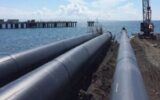
The CEO of the Isfahan Oil Refinery announced the start of the trial operation of the first phase of the project to transfer water from the sea to Isfahan Province, saying: "With the operation of this project, about 700,000 cubic meters of water needed by this refinery will be provided monthly in this way."

The CEO of the National Iranian Petroleum Refining and Distribution Company announced a daily average reduction of 5 million liters of oil and gas consumption in 1404 compared to last year, saying: "This success is the result of implementing control policies and measures, using smart tools to combat fuel smuggling, and intensifying monitoring of major non-power plant consumers."
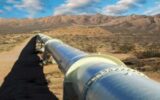
Private sector representative of the Small Scale Association: Despite 10 state and quasi-state refineries, less than one percent of refineries are private.

Following a significant increase in gasoline production capacity in less than a year, the 14th government has succeeded in bringing about one of the largest infrastructure developments in Iran's fuel industry. This growth has been achieved by reforming processes, improving refinery productivity, and implementing emergency projects.
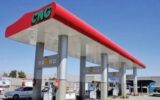
The head of the CNG Association said: "Providing fuel for light vehicles in times of crisis is best done through gas. If vehicles move towards dual-fuel, the load on liquid fuel stations will be reduced."
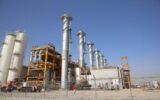
The director of the first refinery of the South Pars Gas Complex announced specialized measures and important projects to maintain gas quality and increase production capacity.
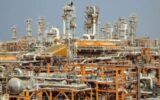
The DM Water Unit Optimization Project of the South Pars Second Refinery resulted in complete self-sufficiency in industrial water supply by increasing the desalination capacity by 60% and reducing energy consumption by 3%.
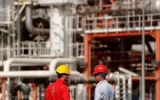
With a refining capacity of 2 million 237 thousand barrels per day and a 16% share in OPEC, Iran ranks second among the countries of this organization, and it also accounts for 2.1% of the world's refining capacity.
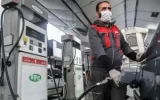
The CEO of the National Iranian Oil Refining and Distribution Company said: "Despite a 50% increase in demand and cyber threats and military attacks, fuel supplies continued uninterrupted."
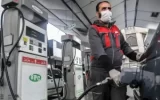
The CEO of the National Iranian Petroleum Refining and Distribution Company announced the smart measures and round-the-clock efforts of 160,000 operational forces in the fuel supply and distribution chain to maintain the stability of the country's fuel supply network during the imposed war with the Zionist regime, and emphasized: Despite a 50 percent increase in demand and cyber threats and military attacks, fuel supply continued without interruption.










